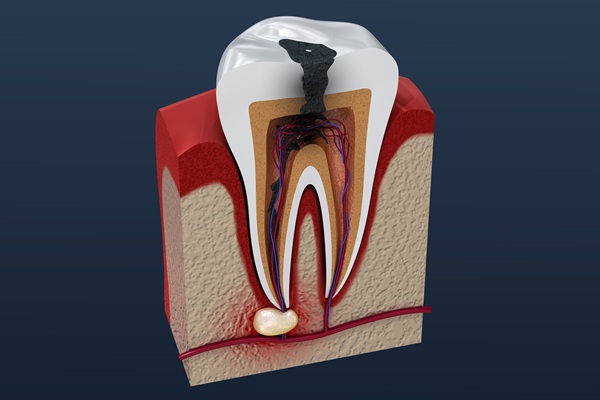How Often Should I Floss?

Most people do not know how often they should floss, yet it is vital to ensure long-term dental health.
While it can be difficult to remind yourself to floss, it is essential to make sure flossing is done regularly enough, especially when consuming foods that are bad for the teeth.
How Often Should I Floss?
The exact amount of how much you should floss is dependent upon several factors, including the type of foods you eat and the overall strength of your teeth.
However, it is important to floss whenever it is needed because flossing helps to prevent tooth decay and other oral health issues.
When to floss
It is best not to worry about how often you floss each day. Instead, focus on flossing at the right moments.
The best way to think about flossing is to think of it as a vacuum. The purpose of a vacuum is to clean up dirt and debris from the carpet. When the dust and debris are not cleaned up, it can build up over time and leave a stain on the carpet. In the same manner, it is important to floss frequently to prevent a build-up of particles over time that can cause damage to your dental health.
Therefore, while there is not an exact amount of flossing you should strive for per se, flossing at least once each day should help to prevent a buildup of harmful particles between your teeth.
Benefits of flossing
As has been mentioned, the main advantage of flossing is that it helps prevent the buildup of harmful particles between your teeth, which can ultimately cause the breakdown of enamel and lead to tooth decay.
Along with being harmful to your teeth, not flossing regularly can affect the gums as well.
By flossing regularly, you can give yourself a better chance to prevent any cavities from forming and even significantly reduce the likelihood of developing an oral infection or gum disease.
Different types of floss
There are four main types of dental floss, which include unwaxed floss, waxed floss, dental tape, super floss, and polytetrafluoroethylene floss.
One of the main differences to recognize is the difference between unwaxed and waxed floss. In general, unwaxed floss is much thinner than waxed floss, but it is far less durable as well. Subsequently, waxed floss is better when tougher floss is needed, but unwaxed floss is the better option for tight, hard to reach spaces between teeth.
Also, using flavored floss is a great way to get children to floss more frequently.
Flossing tips
Much like brushing teeth, it is important to practice proper technique when flossing.
While it may seem simple, flossing correctly can be somewhat of a learned practice. The main things to remember when flossing is to be sure to give yourself enough length, hold the floss between your thumbs and index finger and gently curve the floss around the base of each tooth. Also be sure to use clean sections of floss for each tooth.
If you have more questions about flossing and creating a good oral hygiene regimen, contact our office and we will be glad to help!
Go to https://lincroftvillagedental.com for floss information or call Lincroft Village Dental Care at (732) 842-5005.
Recent Posts
Cold, mouth and canker sores are all sores that can affect many people at some point in their lives. Each type of sore is different and have their own symptoms that can be identified.Mouth sores can appear on any soft tissues on your mouth, including your lips, cheeks, gums, tongue and the roof of your…
Ready to find out more about your kids' oral hygiene? Even though kids will lose their baby teeth it is still important for them to properly take care of their first set of teeth. Children do not start losing their baby teeth until they are about six years old. Children need their baby teeth to…
Looking for some of the best ways to improve your dental health? Taking care of your gums and teeth is necessary to help your teeth last a lifetime. You probably know that brushing your teeth at least twice a day, as well as flossing after eating is an essential part of good oral health care.…
A Dental cavity is a hole that develops in your tooth after damaging the enamel. This occurs when plaque in the mouth produce acids from food particles that stick on or between the teeth. Proper oral hygiene removes these harmful acids from mouth before any damage to the teeth can occur. While having small amounts of…


